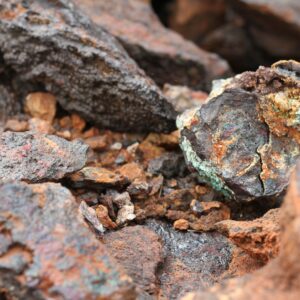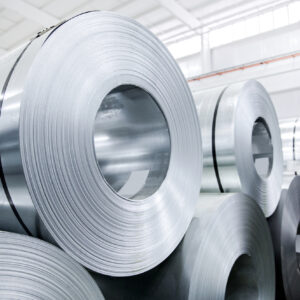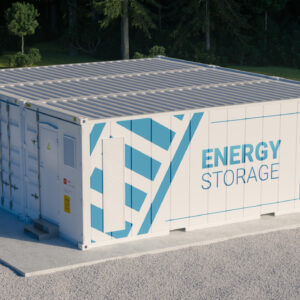President Donald J. Trump recently announced tariffs on imports, which will cover energy commodities like oil and gas to a certain extent. At a glance, this policy may appear to advance “energy independence,” an agenda Trump favored on the campaign trail—but it’s not quite so simple. Defenders of tariffs on energy would point out that they will reduce...
Articles from Around the Web
Chairman Capito Questions CCUS Leaders on USE IT Act Implementation, CCUS Project Permitting
Today, U.S. Senator Shelley Moore Capito (R-W.Va.), Chairman of the Senate Environment and Public Works (EPW) Committee, led a hearing on advancing carbon capture, utilization, and sequestration (CCUS) technologies, and examining the implementation of the Utilizing Significant Emissions with Innovative Technologies Act or USE IT Act. During the hearing, Chairman Capito questioned Kevin Connors, Assistant Director for Regulatory...
India and France sign SMR and AMR partnership letter of intent
French President Emmanuel Macron and India’s Prime Minister Narendra Modi have agreed a Declaration of Intent for establishing a partnership on advanced modular reactors and small modular reactors after talks in France. They also visited the multinational ITER nuclear fusion project. As well as the declaration of intent, the two renewed a memorandum of understanding...
Corning Leads Carbon Capture Innovation with Honeycomb Substrates
As the fight against climate change intensifies, carbon capture technology has become a critical solution for reducing greenhouse gas emissions. Leading this innovation is Corning’s ceramic honeycomb substrate—originally designed to reduce vehicle emissions, now repurposed to capture carbon dioxide (CO2) at an industrial scale. Carbon capture extracts CO2 from the atmosphere or industrial exhaust streams...
Our Energy Crisis Has a Nuclear Solution
America faces an energy crisis. With skyrocketing energy demand and threats of increased blackouts, we’re left with question after question—but nuclear energy may just offer some answers. As promised, President Trump has already embarked on his mission to make the U.S. energy-dominant. To do this, he’s begun work on several key initiatives that will drastically improve...
On Chile’s coast, a rare earths mining operation seeks to uplift locals and counter China
While the hilltop overlook here boasts a splendid view of the Pacific coast, the land all around us is far less impressive. Municipal garbage trucks rumble along gravel roads to an adjacent landfill. Stumps and branches of dead eucalyptus trees form huge piles, refuse left behind by a former commercial forestry operation. Aclara Resources, the...
Bipartisan groups in Congress introduce bill to protect strategic petroleum reserve
A bipartisan group of U.S. senators introduced a bill to limit, not prohibit, the sale of crude oil from the U.S. Strategic Petroleum Reserve (SPR). The Banning SPR Oil Exports to Foreign Adversaries Act was filed in the U.S. Senate by Sens. Ted Cruz, R-Texas, John Fetterman, D-Penn., and Elissa Slotkin, D-Mich. U.S. Reps. Chrissy...
A new nuclear plant proposal and its impact on Arizona’s energy landscape
Arizona’s energy landscape may be changing. Three of the state’s largest utilities; Arizona Public Service, Salt River Project, and Tucson Electric Power are exploring a joint venture to bring a Generation III+ Small Modular Nuclear Reactor to Arizona. The plan is to take advantage of a $900 million grant from the Department of Energy. Arizona is one...
Beer, not tariffs, will boost US aluminum capacity
If in doubt, double down. Seven years ago President Donald Trump ordered 10% tariffs on US imports of aluminum with the stated aim of increasing domestic primary metal production. They haven’t worked. This time the tariff is going to be 25% without “exceptions or exemptions” effective March 4. Together with a similar-sized duty on steel imports,...
Researchers from Northwestern University Discover Metal-Free Alternative for Battery Production
Battery production is a highly energy and water-intensive process. Lithium-ion batteries, which power everyday devices like smartphones, laptops, watches, and even electric vehicles, are sourced from critical materials like cobalt, graphite, and lithium.









